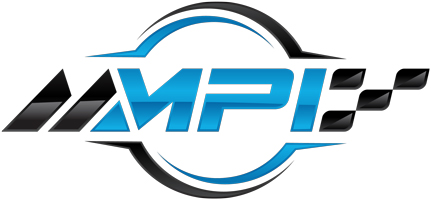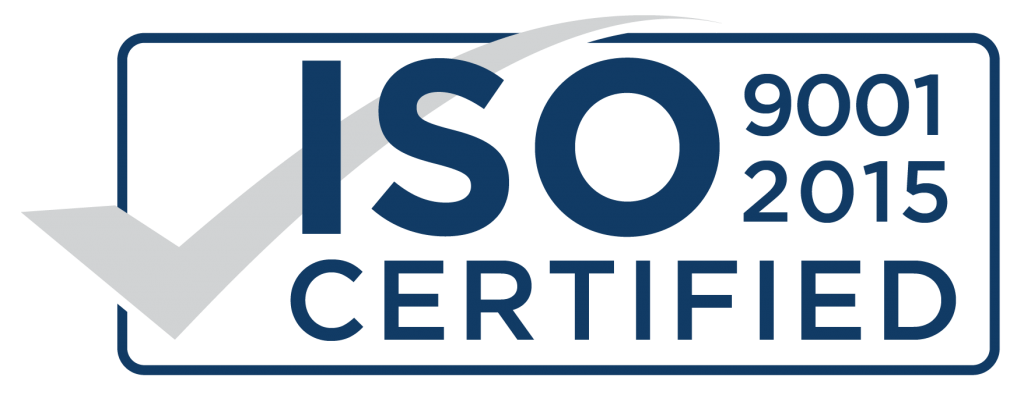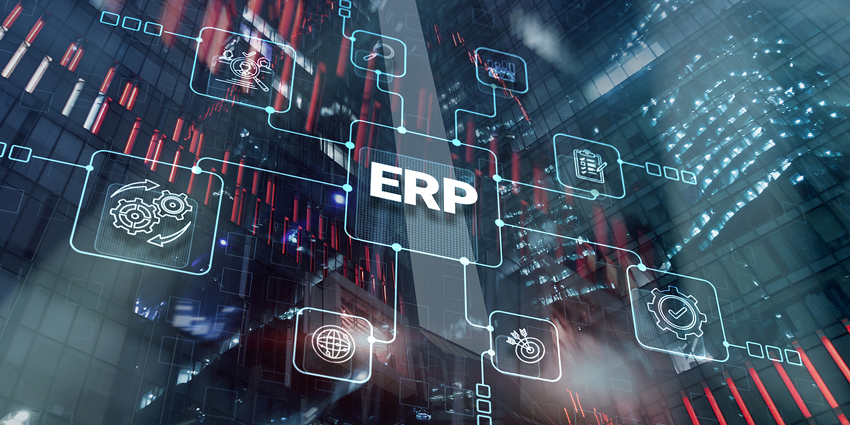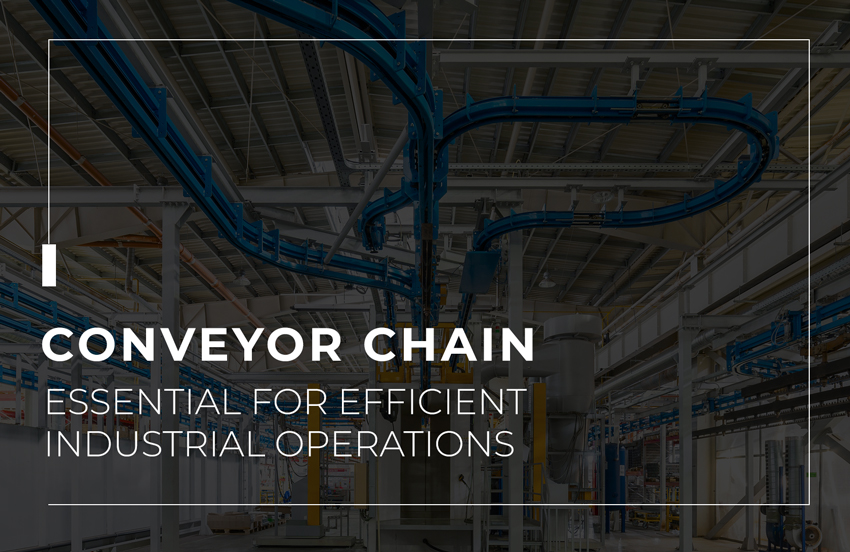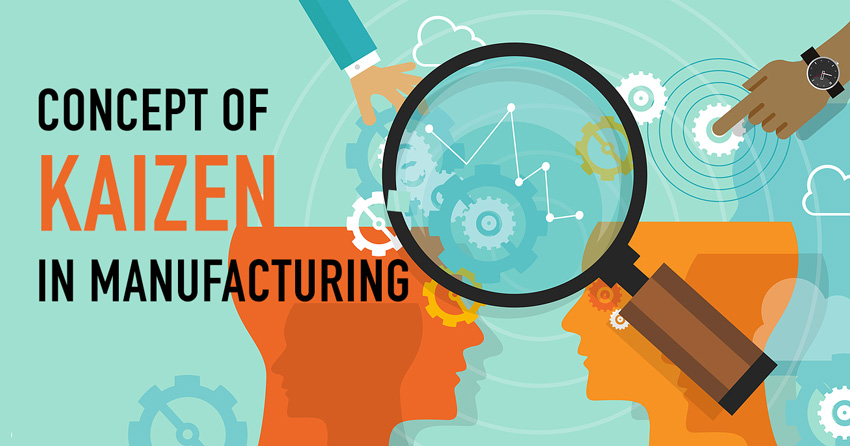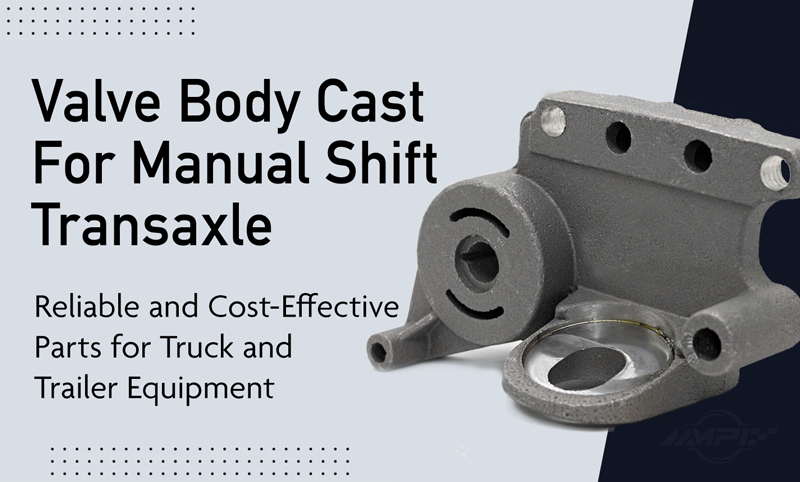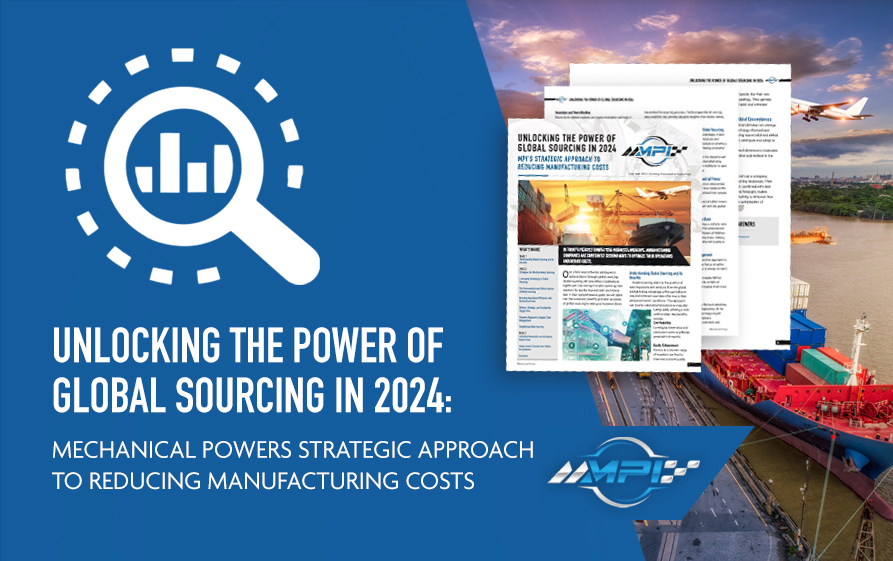Enterprise Resource Planning (ERP) is a software system that integrates various business processes and functions into a unified platform to streamline operations, improve efficiency, and facilitate data flow across an organization.
It enables companies to manage and automate key business activities, such as finance, human resources, manufacturing, supply chain, customer relationship management (CRM), and more.
An ERP system serves as a central repository of information, allowing different departments and stakeholders to access and share data in real-time.
It eliminates data silos and promotes collaboration by providing a single source of truth for all business operations. This centralized approach enhances decision-making capabilities and provides a holistic view of the organization’s performance.
The core features of an ERP system typically include:
Integration
Connecting different modules and databases to ensure data consistency and accuracy.
Centralized Database
Storing and managing all business data in a single database accessible to authorized users.
Automation
Automating repetitive tasks and workflows to improve productivity and reduce manual errors.
Reporting and Analytics
Generating reports, dashboards, and analytics to gain insights into various aspects of the business and aid decision-making.
Scalability
Allowing the system to adapt and accommodate the changing needs and growth of the organization.
Security and Access Control
Implementing robust security measures to protect sensitive data and granting access based on user roles and permissions.
Customization
Tailoring the ERP system to meet specific business requirements and processes.
Implementing an ERP system can bring several benefits to organizations, such as increased operational efficiency, streamlined processes, improved data accuracy, better collaboration, enhanced customer service, and overall cost savings.
It enables businesses to optimize their resources, make informed decisions, and stay competitive in a rapidly evolving business landscape.
Industrial parts distributors use ERP systems to effectively manage their operations and streamline their business processes.
Here are some key ways in which ERP is utilized by industrial parts distributors:
Inventory Management
ERP systems provide real-time visibility into inventory levels, enabling distributors to track stock availability, monitor demand, and optimize inventory levels. This helps in avoiding stockouts, reducing excess inventory, and improving order fulfillment.
Order Processing
ERP systems automate the order processing cycle, from receiving customer orders to invoicing and shipment tracking. This ensures accurate and timely order fulfillment, improves customer satisfaction, and reduces errors and delays.
Purchasing and Supplier Management
ERP systems facilitate efficient procurement processes by automating purchase orders, managing supplier information, and tracking supplier performance. This helps distributors in maintaining optimal parts stock levels, negotiating better pricing, and ensuring timely delivery of goods.
Pricing and Quotation Management
ERP systems assist in managing complex pricing structures and creating accurate quotations for customers. Distributors can set up pricing rules, discounts, and promotions, and generate quotes quickly, ensuring competitive pricing and accurate sales orders.
Warehouse Management
ERP systems enable efficient warehouse management by optimizing storage space, managing pick and pack operations, and tracking inventory movements. This streamlines order fulfillment, minimizes errors, and improves overall warehouse efficiency.
Sales and Customer Relationship Management (CRM)
ERP systems integrate sales and CRM functionalities, allowing distributors to manage customer information, track sales activities, and analyze customer buying patterns. This helps in building strong customer relationships, identifying sales opportunities, and providing personalized service.
Reporting and Analytics
ERP systems generate reports and provide analytics on various aspects of the business, such as sales performance, inventory levels, and profitability. This enables distributors to make data-driven decisions, identify trends, and optimize their operations.
By leveraging ERP systems, industrial parts distributors can enhance operational efficiency, reduce costs, improve customer satisfaction, and gain a competitive edge in the market.
At Mechanical Power, an industrial parts distributor, we utilizes ERP to streamline operations, improve efficiency, and automate key business activities. With ERP, our team effectively manages manufacturing, supply chain, customer relationship management (CRM), and more, enhancing our overall business performance.

Resourceful and innovative Marketing Pro, with 20+ years of progressive experience in the marketing and creative technology industry. Responsible for digital and traditional marketing efforts that promotes brand awareness, increases engagement, and drives revenue.
